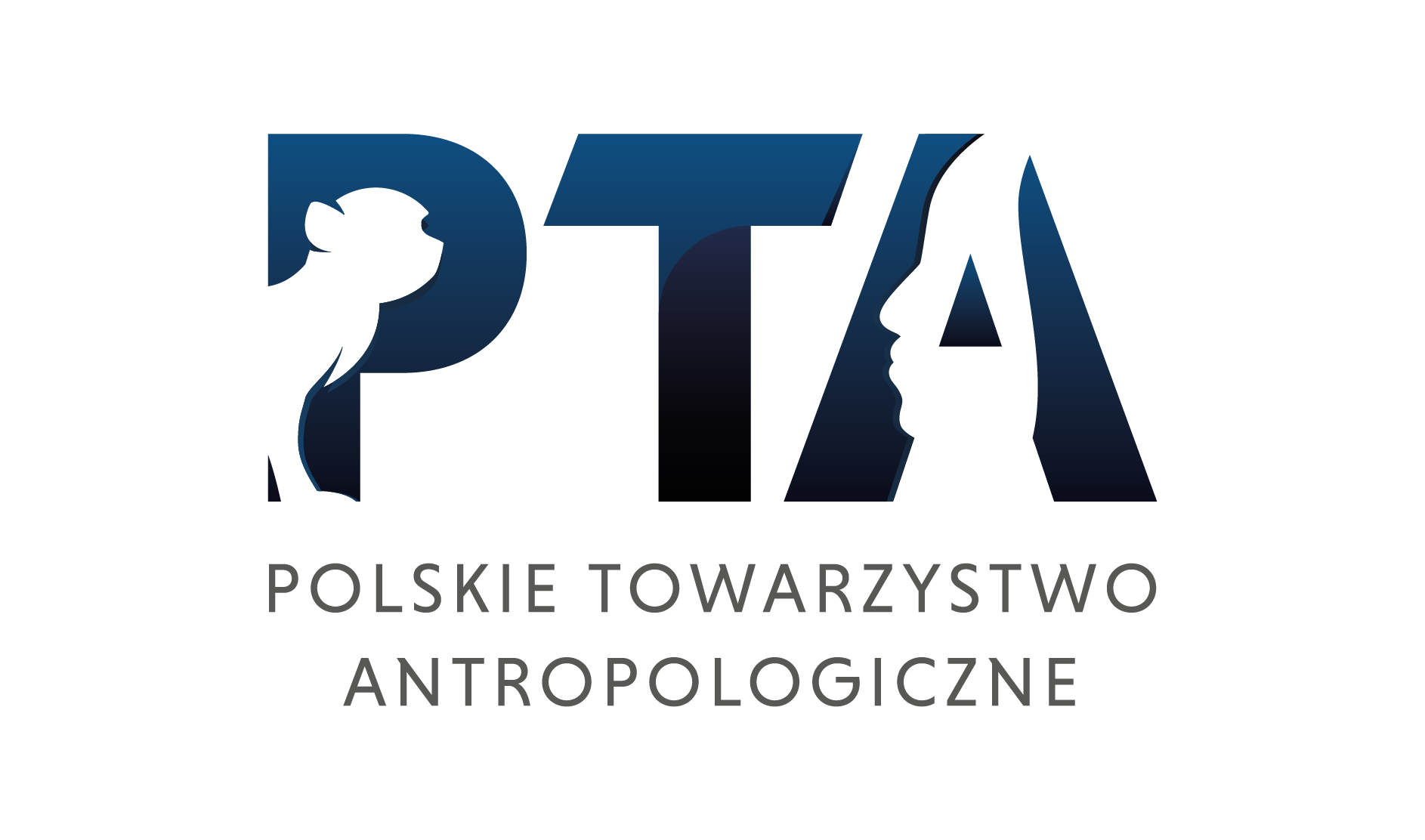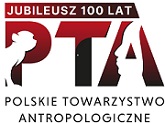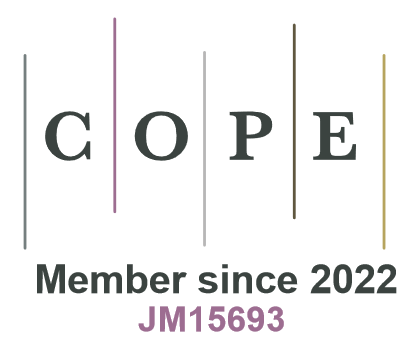Attempt at an estimation of the utility of paternity probabilities, calculated from blood groups
DOI:
https://doi.org/10.18778/1898-6773.42.1.01Abstract
From a comparison of fatherhood probability distinctions, established by Bayes’ formula from 6 blood group sets — 185: mother, father, child tercets and 146 mother, child, randomly chosen man tercets (on omission of exclusions in the latter tercets) an attempt to assess the utility of those probabilities in the estimation of kinship in causes of fatherhood origin investigation. Very high estimates of fatherhood probabilities as well as very low ones occurred in both materials examined, but a well determined percentage predominance of real families over „false families” was found in the probability range 90%—99%. A predominance of „false families” over real families occurred below 55% of fatherhood probability. In the probability ranges 55% — 90% the error in the relationship estimate on the ground of serologic characteristics is too large to be reliable for sentencing by court in cases of controversial paternity. A comparison of paternity probabilities on the ground of anthropological researches including 180 morphological characteristics with the probability values from blood group in 123 expert evidences led in many cases to contradictory results. In expert evidences with two putative fathers, the results of paternity probability from the blood group in most cases failed to show distinctly to which of two tested men the paternity should be more likely attributed. The utility of paternity probability estimates on the basis of only serological structures is very small in the judicature.
Downloads
References
Essen-Möller E.: Mitteilungen der Anthropologischen Gesellschaft in Wien, 1938, 68, 9-53.
View in Google Scholar
Grote W.: Anthropologischer Anzeiger, 1968, 30, 258-261.
View in Google Scholar
Giirtler H.: Acta Genetica et Statistica Medica, 1956/57, 6, 612-613, Basel-New York.
View in Google Scholar
Hirszfeld L.: Dochodzenie ojcostwa w świetle nauki o grupach krwi. LINW, Wrocław, 1948.
View in Google Scholar
Tenże, Zeitschr. allg. Path. Bakt., 1952, 15, 257-280.
View in Google Scholar
DOI: https://doi.org/10.1159/000160080
Hirszfeld L, Łukaszewicz J.: Dochodzenie ojcostwa w świetle nauki o grupach krwi. Grupy krwi. PZWL, Warszawa, 1958.
View in Google Scholar
Hummel K: Die medizinische Vaterschaftsbegutachtung mit biostatistischem Beweis. Stuttgart 1961.
View in Google Scholar
Kobiela J.: Materiały i Prace Antropologiczne, 1968, 75.
View in Google Scholar
Łukaszewicz J.: Zastosowania Matematyki, 1956, 2, 349-379.
View in Google Scholar
DOI: https://doi.org/10.4064/am-2-4-349-379
Marttila A.: Annales Academiae Scientiarum Fennicae, 1970, S.A, V. Medica 145, s. 146. ok 11.
View in Google Scholar
Nijenhuis L. E.: Acta Genetica et Statistica Medica, Basel-New York, 1956/1957, 6, 607-611.
View in Google Scholar
Orczykowska-Świątkowska Z, Świątkowski W.: Materiały i Prace Antropologiczne, 1970, 79, 125-152.
View in Google Scholar
Prokop O. Schneider W.: Deutsche Zeitschrif. für gericht. Med., 1958, 47, 484-501.
View in Google Scholar
DOI: https://doi.org/10.1007/BF00664125
Schwidetzky I: Homo, 1956, 7, 13 - 27, 205-214.
View in Google Scholar
DOI: https://doi.org/10.2307/4510603
Steinhaus H.: Prace Wrocławskiego Towarzystwa Naukowego, S.A., 1954, 32, 20.
View in Google Scholar
Tenże: Zastosowania Matematyki, 1954, 1, 67-82.
View in Google Scholar
DOI: https://doi.org/10.2307/536814
Szczotkowa Z. Materiały i Prace Antropologiczne. 1973, 85, 201-246.
View in Google Scholar
Downloads
Published
How to Cite
Issue
Section
License

This work is licensed under a Creative Commons Attribution-NonCommercial-NoDerivatives 4.0 International License.








